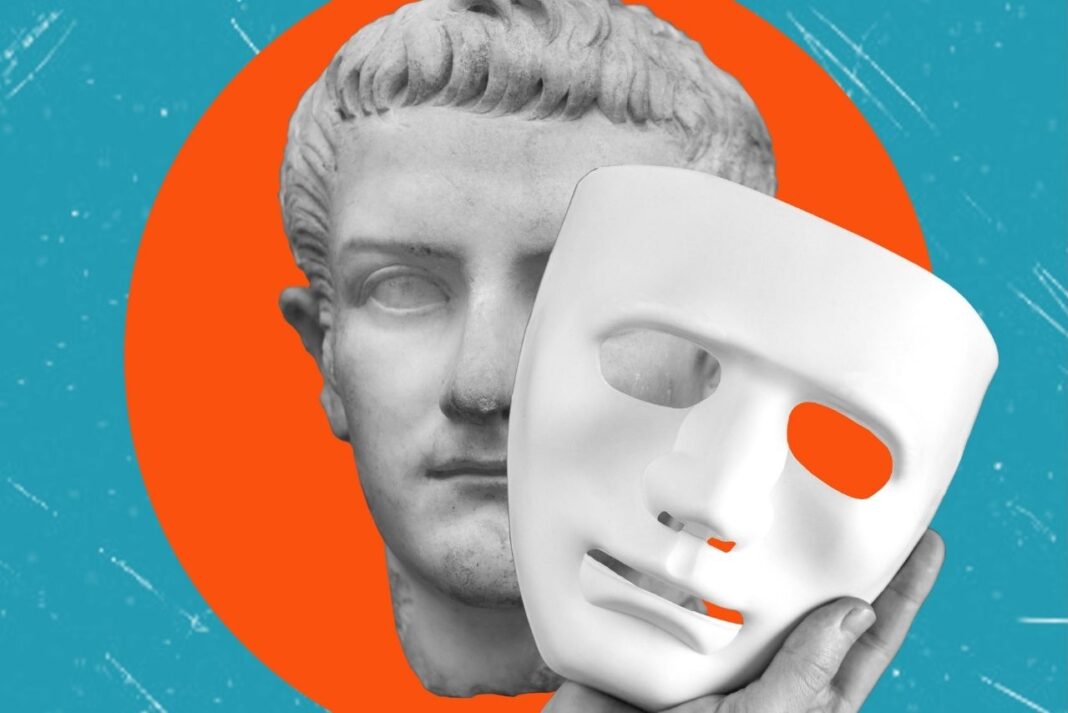“How are you, really?”
When someone asks this question, most of us give the automatic answer: “I’m fine.”
But how true is that answer? Most of the time, it’s not.
In daily life – at work, family dinners, on social media, even in conversations with our closest friends – we struggle to show ourselves as we truly are. Instead, we present another version of ourselves. One that we think is more acceptable, more resilient, more worthy of being loved.
This is what we call a social mask.
A social mask is when a person hides their true feelings and thoughts in order to present an image that aligns with social expectations. Every individual develops social masks to a certain degree. This is, in some ways, a part of the adaptation process. However, when these masks become permanent, the person gradually begins to disconnect from themselves.
So why do people wear social masks?
-
The Need for Acceptance:
According to Maslow’s hierarchy of needs, the need for belonging and love drives individuals to behave in ways that will be accepted by their social environment. The belief of “If I show my true self, I won’t be loved” pushes a person to wear a mask. -
Vulnerability and Insecurity:
For individuals whose emotions have been dismissed, minimized, or abused in the past, vulnerability can be perceived as a threat. This leads them to hide their emotions, appear strong, and even adopt a “numb” demeanor. -
Social Roles and Norms:
The roles society imposes on us can shape how we act. Cultural templates like “a successful woman doesn’t cry,” “men don’t show emotion,” or “mothers must be strong” force individuals into wearing masks. -
Perfectionism and the Need for Approval:
Filtered lives on social media, competitive work environments, and high performance expectations cause people to conceal their flaws. This creates a kind of “visual mask.”
All these reasons show that social masks are not just a societal habit, but part of complex psychological structures.
To understand this phenomenon more deeply, it is helpful to explore how psychological theories explain it.
Social masks don’t only serve to please the outside world – they also act as a defense mechanism that protects the individual from internal conflict. Sometimes, these masks don’t just hide the person from society, but from their own feelings.
Coming into contact with genuine emotions can bring up painful traumas or realizations. Thus, the mask helps the person avoid not only others but their own inner voice.
In psychodynamic theory, this is viewed as a defense mechanism that prevents the re-emergence of repressed material. Especially in cases of early emotional neglect, rejection, or critical parenting, individuals learn to suppress emotions and build a “compliant self” in order to gain approval. Over time, this self can drift away from the authentic self and turn into a false self. Donald Winnicott’s concept of the “false self” is particularly illuminating here.
Social learning theory emphasizes that behavior patterns learned through observation are reinforced and rewarded by society. A person learns to wear the mask when they are praised for being the “good child,” the “cheerful employee,” or the “calm parent in a crisis,” and these roles become integrated into their personality.
Cognitive behavioral theory argues that these masks are mostly fed by core beliefs. Beliefs like “If I show my real emotions, I’ll be abandoned,” or “If I appear weak, I’ll lose my value,” turn the mask into a survival strategy.
As a result, the person often becomes someone who is overly attuned to others’ needs, but disconnected from their own emotions – empathetic, responsible, self-sacrificing… yet also burnt out, lonely, and emotionally overwhelmed.
Although this masked way of living may seem sustainable, it carries serious psychological risks. The more masks a person wears, the more they lose touch with themselves. In therapy, the frequently asked question “Who am I?” is often a reflection of this internal alienation.
Conclusion
Social masks are psychological defense mechanisms developed to maintain social functionality and conceal emotional vulnerability. While these masks may facilitate short-term adaptation and surface-level relationships, they can lead to alienation from the authentic self and impair psychological well-being in the long term.
The gap between the false self presented to the world and the true inner self often results in emotional disconnection, identity confusion, and loneliness.
Psychotherapeutic processes aim to help individuals recognize their masks, understand their functions, and reconnect with their authentic selves. Especially within the context of a secure therapeutic relationship, individuals can gradually develop the courage to exist without their masks.
In this context, social masks are not merely individual defenses; they are also central themes in clinical intervention.


